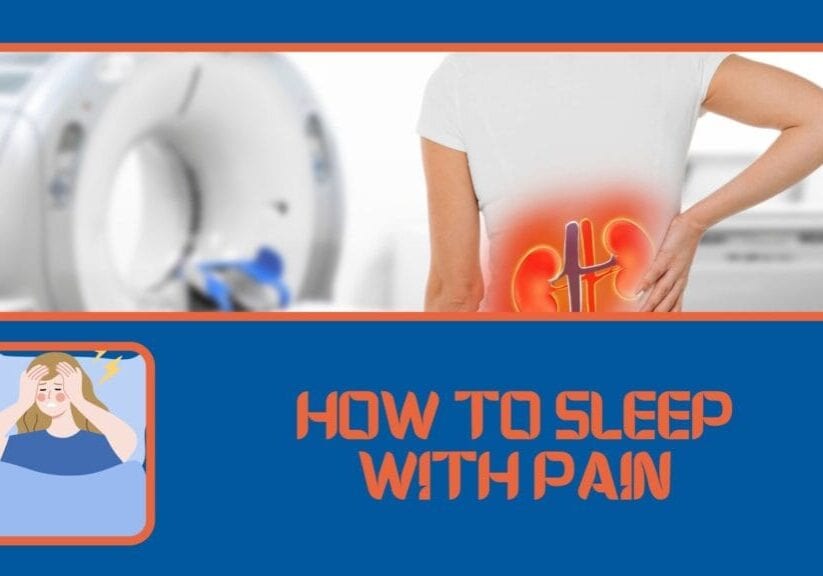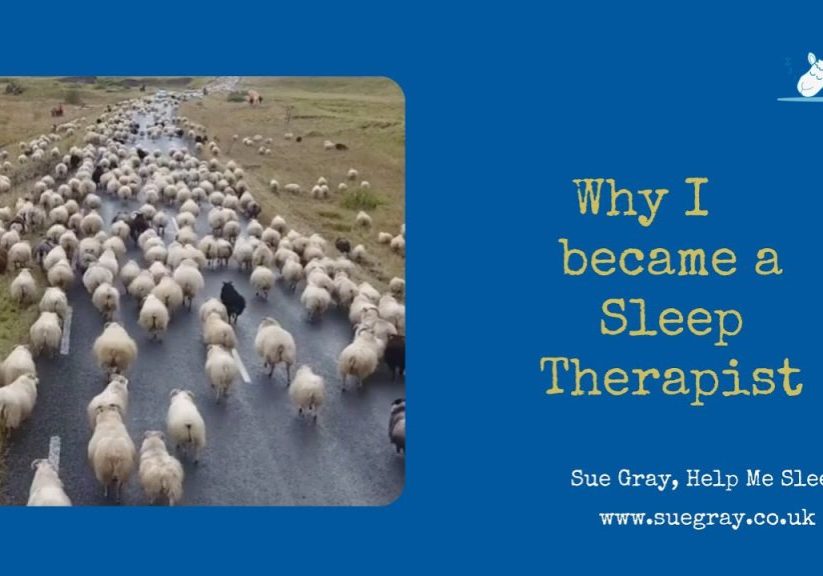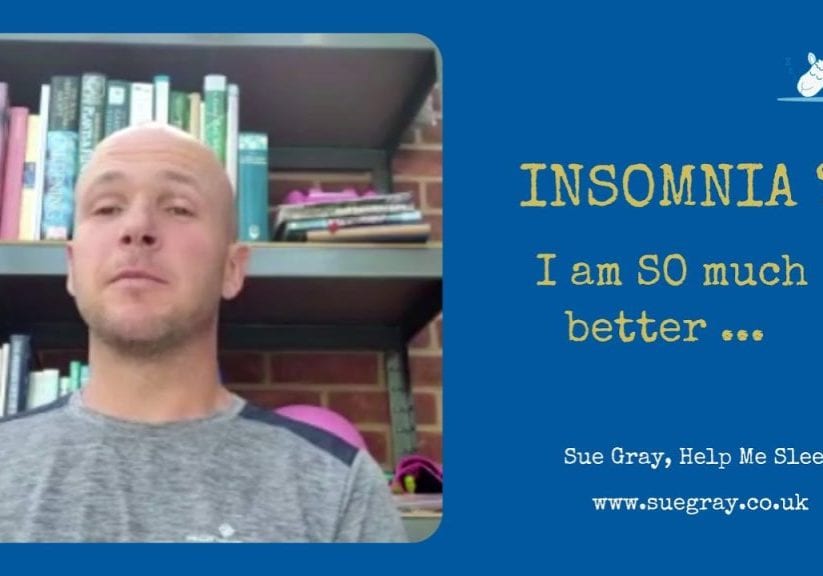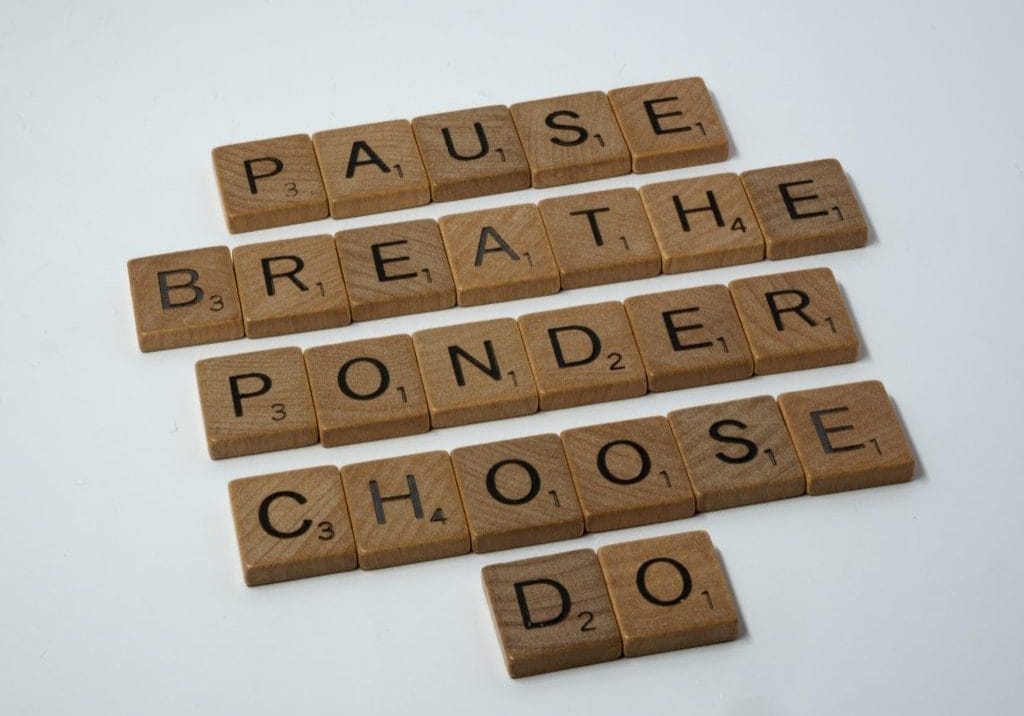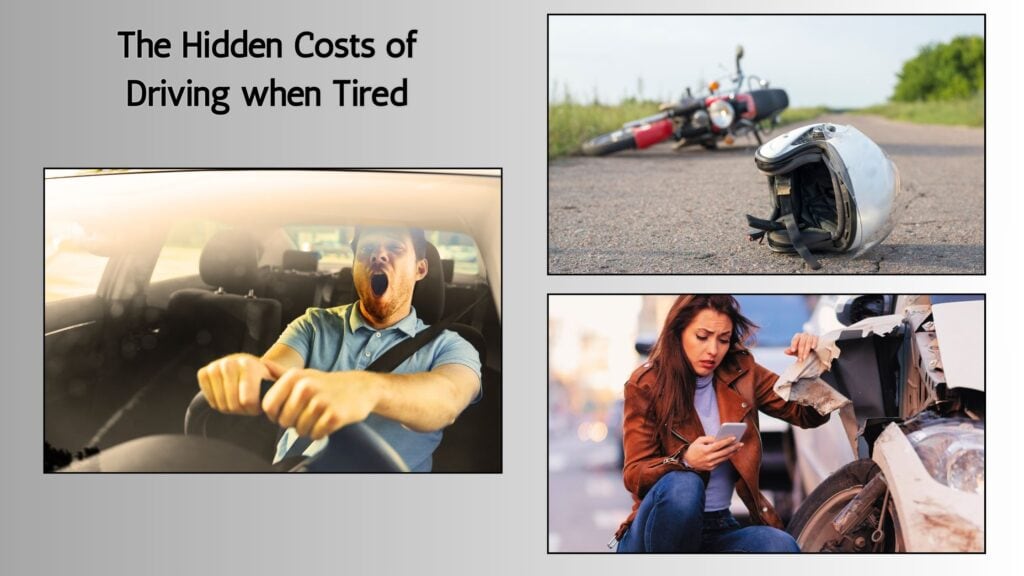
Do you remember that bad joke – “I want to die peacefully in my sleep, like my father, not terrified and screaming like his passengers.”
The Dangers of Driving While Tired
At one time or another, we have all had to drive when we are tired. But you may be unaware of the extent of the danger and the number of accidents caused by driving while tired. It is easy to miss the warning signs that can alert you that you need to stop and take a nap or get some fresh air.
The Driver that Fell Asleep in Front of Me
The dangers of driving while tired were brought home when I was a new driver; I have never forgotten that drive back to North Wembley from the Cotswolds when a driver close to me fell asleep. I exited a roundabout into a fairly quiet 3-lane road, and the driver in the outside lane seemed to doze off. He lost control and swerved into the inside lane, then out again before ending up in the ditch. He had been driving erratically, drifting between lanes for a while before the roundabout. I can replay that scene in my head, second for second, 40 years on.
I was a new driver, and it was our first holiday by car. My car was a very temperamental second-hand white Fiat 127—but, thank heavens, the steering and brakes worked. Best of all, I was alert; my reactions were fast—I braked, and no one behind hit me. It was a salutary lesson on driving while tired.
You’ll know from your near misses that you don’t even have microseconds to decide what to do, and you must trust your instinctive reactions. But if I was half as tired as that guy in front, what would have happened then? I know for a fact that my reactions would have been slower.
Did you know that
– Fatigue is a factor in 20% – 25% of road accidents
Fatigue is a factor in 50% of serious accidents
– Two states in the USA passed laws against driving while tired.
– The more sleep-deprived you are, the bigger the risk of a collision.
How Fatigue Affects Your Driving
Lack of sleep impacts your decision-making capabilities, level of patience, ability to stay focused, how easily you are distracted (kids arguing, a phone call), ability to make good decisions, coordination skills and reaction time when you need to brake or steer quickly.
Fatigue is a Factor in One in Five Road Accidents in the UK.
How many road accidents were there in your area last year? Research shows time and again that fatigue and poor sleep are contributing factors in up to 20% of road accidents and up to one-quarter of fatal and serious accidents. Not only that, but these types of crashes are about 50% more likely to result in death or serious injury, as they tend to be high-speed impacts because a driver who has fallen asleep cannot brake or swerve to avoid or reduce the impact.
Fatigue can make you between 2 and 11 times more likely to have an accident.
That is a scary statistic! A study in the USA found that the risk of a collision significantly increases as drivers have less and less sleep. For example, compared to drivers who had slept for 7 hours in the last 24 hours, those who slept for between 5 and 6 hours had 1.9 times the collision rate, and those who slept for 4 hours or less had 11.5 times the collision rate. These results show just how dangerous a lack of sleep can be and how even one or two hours of sleep can make a huge difference in determining a driver’s collision
But I have to drive, no matter how I feel
We often don’t have a choice – we have to get to work, pick up the kids, and get on with daily life. But driving when tired, even for a short distance, is dangerous for you and everyone else on the road.
If you know the warning signs, you can pull over and stop, have a nap, do some breathing exercises or get some fresh air, but if you have poor sleep and want to be a safe driver, getting help is essential.
Warning signs of dangerous levels of fatigue while driving
YOUR FACE – Difficulty focusing, Burning or heavy sensation in your eyes, frequent yawning or blinking, shallow breathing
YOUR BODY – Tension in your back, neck, shoulders, or legs, twitching, tingling sensations, numbness
YOUR MIND – Wandering or disconnected thoughts, difficulty remembering where you are or where you have driven.
YOUR DRIVING – Drifting across the road, not paying attention, braking hard, forgetting where you are, missing turnings
How much does all this really matter?
We get our car regularly serviced and MOT’ed, so it makes sense to invest in the other part of the equation – you and your sleep. Remember, it’s not just you at risk – it’s your loved ones and other people on the road – drivers and pedestrians. Warning signs of dangerous levels of fatigue while driving
I can help you improve your sleep without drugs and teach you techniques to help you stay more alert.
Call me to find out how I can help you 07792 447331 or email sue@suegray.co.uk. www.suegray.co.uk
References
The Royal Society for the Prevention of Accidents Road Safety Factsheet: Driver Fatigue www.rospa.com
UK Health & Safety Authority – https://www.hsa.ie/eng/campaign/workplacestress/fatigue/
Chopra & Nocerino – New York-based law firm with expertise in sleep and driving http://www.chopranocerino.com/fatigued-driving-resource/


